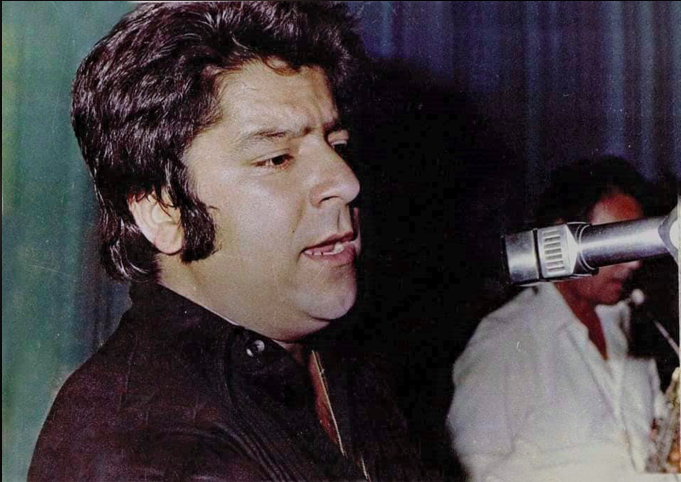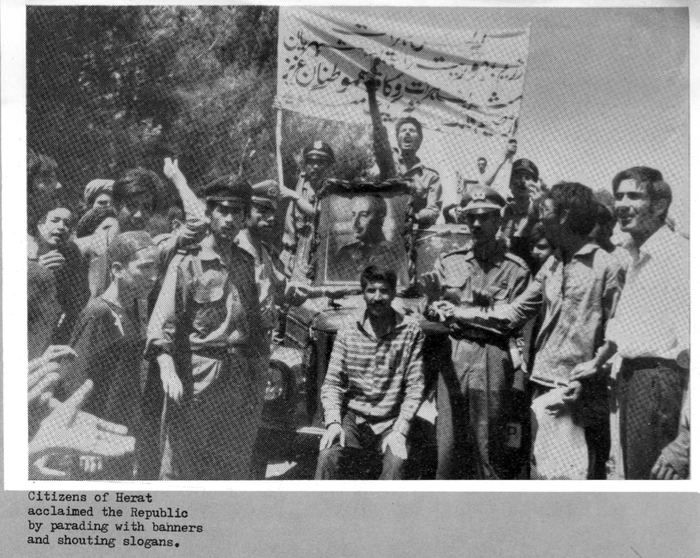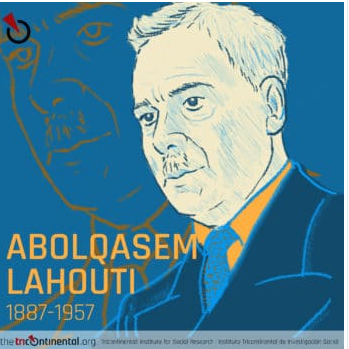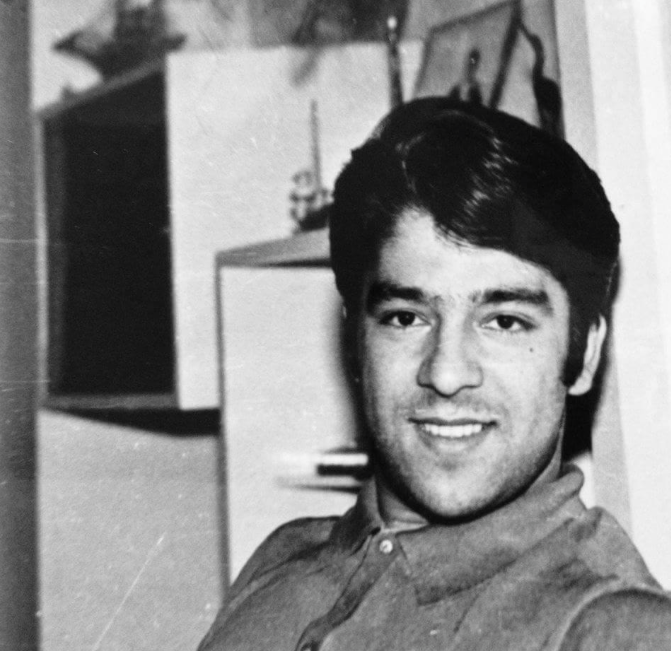In the late 1970s, as #Afghanistan was transitioning between a democratic republic and a communist regime, censorship affected daily life and music was no exception. MM 1/16 (final series from @MejganMassoumi)
Persistent to reach the people, #AhmadZahir took great risks in his song choices, carefully traversing between what James C. Scott termed the “public transcript” (authorized by the dominant power) and the “hidden transcript” (the critique of power spoken behind its back). MM 2/16
During Afghanistan’s first experiment with democracy under the leadership of President Daud Khan (1973-78) the Ministry of Information & Culture set strict standards for music recorded at the state-owned radio station. MM 3/16
In 1976, #AhmadZahir composed and released one of his most daring songs with lyrics by the progressive poet رحیم معینی کرمانشاهی (Rahim Moeini Kermanshahi), it was titled عجب صبری خدا دارد (“What an unusual patience God has”). MM 4/16
Here are some of the lyrics:
عجب صبری خدا دارد
What an unusual patience God has
اگر من جای او بودم
If I were in God's place
همان یک لحظه ی اول
At the very moment,
MM 5/16
عجب صبری خدا دارد
What an unusual patience God has
اگر من جای او بودم
If I were in God's place
همان یک لحظه ی اول
At the very moment,
MM 5/16
،
When I notice the first oppression from conscienceless people
جهان را با همه زیبایی و زشتی ،
The world with all its beauty and ugliness,
به روی یکدگر ، ویرانه می کردم
at once, I would destroy it
MM 6/16
When I notice the first oppression from conscienceless people
جهان را با همه زیبایی و زشتی ،
The world with all its beauty and ugliness,
به روی یکدگر ، ویرانه می کردم
at once, I would destroy it
MM 6/16
Equating man to God was viewed as blasphemy by the government censors until it was explained that they had not reviewed the entire poem. The lyrics were an abstract plea to God– that “I” as a mortal could not endure the pains on humanity. MM 7/16
#AhmadZahir continued to play with the “hidden transcript” of his songs as he sang زندگی آخر سراید (“Life eventually ends”) circa 1978 when Afghanistan was transitioning into a communist republic. MM 8/16
Essentially a song of protest, the lyrics suggest a critique of state and the oppression of humanity. Ironically, the lyrics of the song belong to the famed poet ابوالقاسم لاهوتی Aboulqasem Lahouti (1887-1957), – a communist. MM 9/16
The translation of the first two lines follow:
زندگی آخر سراید بندگی در کار نیست
Life eventually comes to an end, oppression is not needed
بندگی گر شرط باشد زندگی در کار نیست
If oppression is the condition, life is not needed
MM 10/16
زندگی آخر سراید بندگی در کار نیست
Life eventually comes to an end, oppression is not needed
بندگی گر شرط باشد زندگی در کار نیست
If oppression is the condition, life is not needed
MM 10/16
One of the last songs #AhmadZahir sang was آسمان خالیست، خالی (The Skies Are Empty). His voice is somber while the lyrics convey the suffering in society evoking the insecurity people felt. MM 11/16
This song also had various versions, including one #AhmadZahir sang two weeks prior to his death at a private event. The lyrics are from the poet سیمین بهبهانی #SiminBehbahani. MM 12/16
The lyrics follow:
آسمان خالیست، خالی، روشنانش را که بُرد؟
The skies are empty, who took away its light?
تاج ماهش، سینهریز کهکشانش را که بُرد؟
Its moon's crown, its galaxy's necklace, who took them?
MM 13/16
آسمان خالیست، خالی، روشنانش را که بُرد؟
The skies are empty, who took away its light?
تاج ماهش، سینهریز کهکشانش را که بُرد؟
Its moon's crown, its galaxy's necklace, who took them?
MM 13/16
باغبان تنهاست، تنها، گرد او جز خار نیست
The gardener is alone, lonely, surrounded by thorns
بیدمشکش را، گلش را، ارغوانش را که بُرد؟
His willow, his flowers, his judas-tree, who took them?
MM 14/16
The gardener is alone, lonely, surrounded by thorns
بیدمشکش را، گلش را، ارغوانش را که بُرد؟
His willow, his flowers, his judas-tree, who took them?
MM 14/16
#AhmadZahir captured the people’s imagination during a specific moment in time, for political change, social change and for an alternative world. MM 15/16
He attracts global audiences who perceive him as that symbol of change and their aspirations. Indeed, #AhmadZahir is not the “Afghan Elvis.” He is so much more. #freedomofspeech #love #humanity #dissent MM 16/16

 Read on Twitter
Read on Twitter








